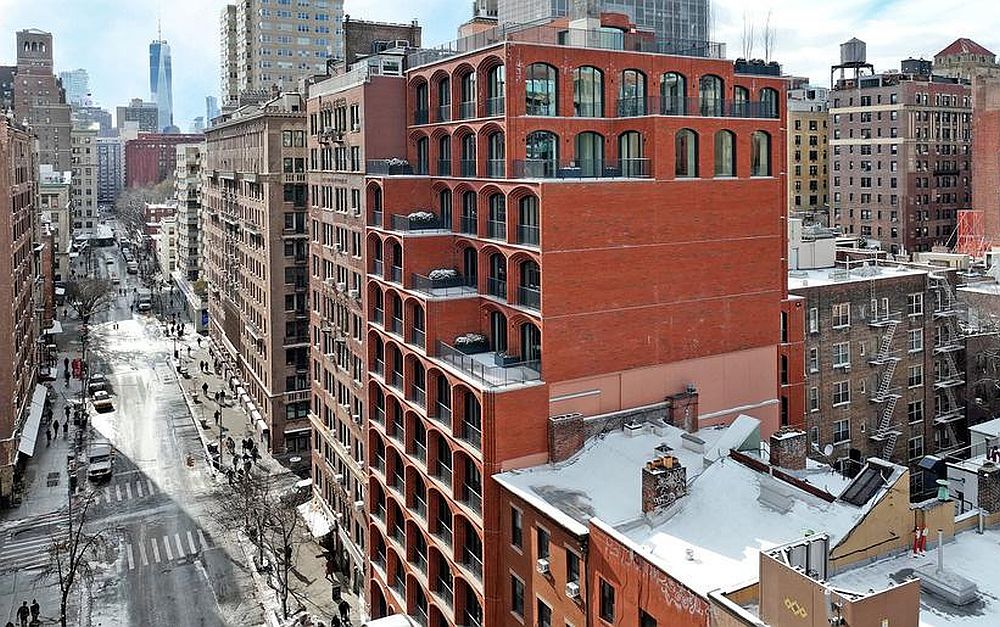
[Image above] Credit: C. Wu; University of Adelaide

Failure modes of steel fiber-reinforced self-compacting concrete under four point bend testing. Credit: C. Wu; University of Adelaide
Chengqing Wu is putting up a fight against terrorists.
Wu, a senior lecturer of civil, environmental, and mining engineering at the University of Adelaide (Australia), has developed a new blast-resistant concrete that he hopes will protect buildings and people from bomb blasts.
“While many important buildings in cities have concrete barriers to hold back cars and other vehicles that may contain explosives, in crowded downtown areas there may not be space for barriers—and they still will not prevent bombs carried in backpacks and the like,” Wu says in a University of Adelaide press release. “We need technologies to strengthen the buildings themselves and mitigate against the blast effects.”
The new material Wu developed is “steel fiber-reinforced self compacting concrete (SFRSCC).” According to an email from Wu, he and his team tested many different steel fibers and nanoscale additives under compressive and flexural tensile tests to get just the right mix of strength and flexibility.
The press release says that blast testing, done in collaboration with Tianjin Chengjian University in China, revealed that the new material is impressively strong—it has five times the compressive strength, 10 times the tensile strength, and greater ductility that conventional concrete.
“With building columns of the same size and explosives set at the same distance, the new ultra-high performance concrete column survives a blast impact from 50 kg of TNT (trinitrotoluene) while the conventional concrete column will be destroyed with 10 kg of TNT,” states the press release.
Despite its promising characteristics, the new formulation is currently cost-prohibitive for wide-scale use. “The price of the new concrete is about five times that of conventional concrete,” says Wu in an email. “Right now we’re still trying to reduce the cost of the material so that it could be commercialized in the future.”
Blast-resistant concrete is not a new idea. Research from the University of Liverpool (United Kingdom) reported advancements in fiber-reinforced concrete containing “needle-thin” steel fibers, along with higher cement content and lower water content, back in 2009. That concrete was also reported to have 10 times the tensile strength of conventional concrete. No word on where that research stands today.
(Click here to get the lowdown on additional materials to build the ultimate bomb-proof house, including glass, plastic, fabric, and wallpaper.)
The paper detailing Wu’s research, which is submitted but not yet published, is “Experimental investigation of effects of nanoscale materials on early-age properties of fibre-reinforced self compacting concrete.”
Author
April Gocha
CTT Categories
- Cement
- Construction
- Material Innovations


